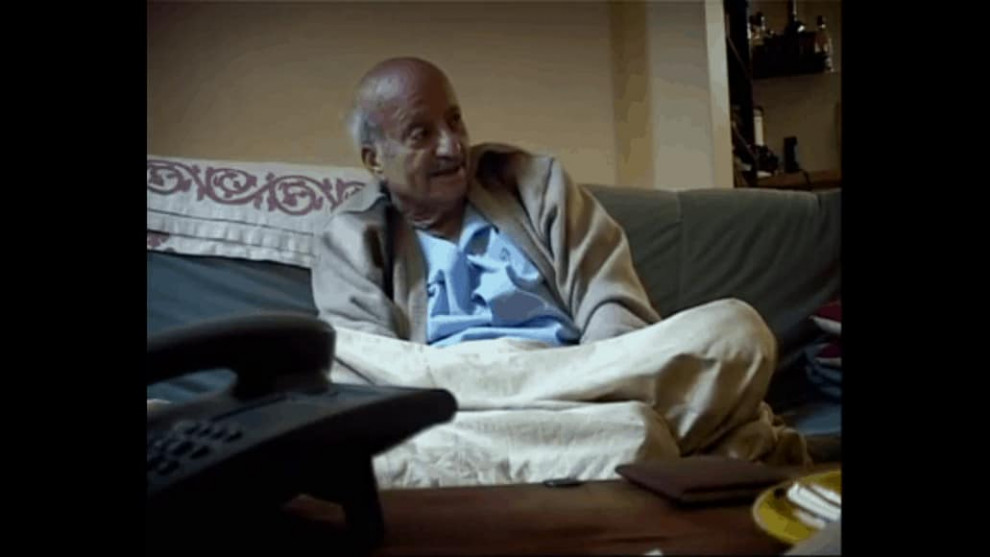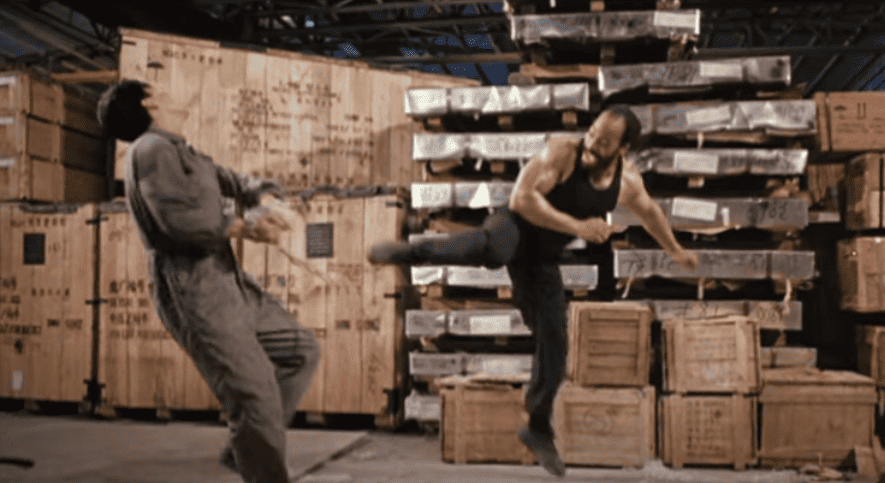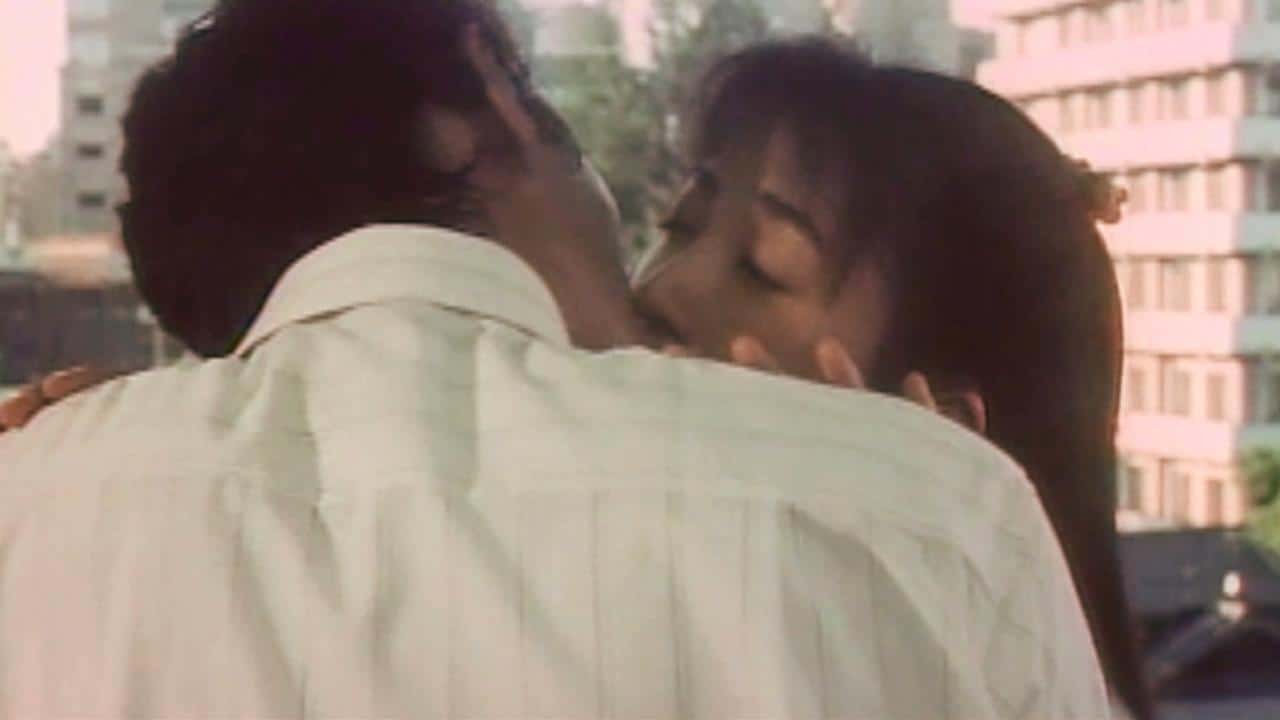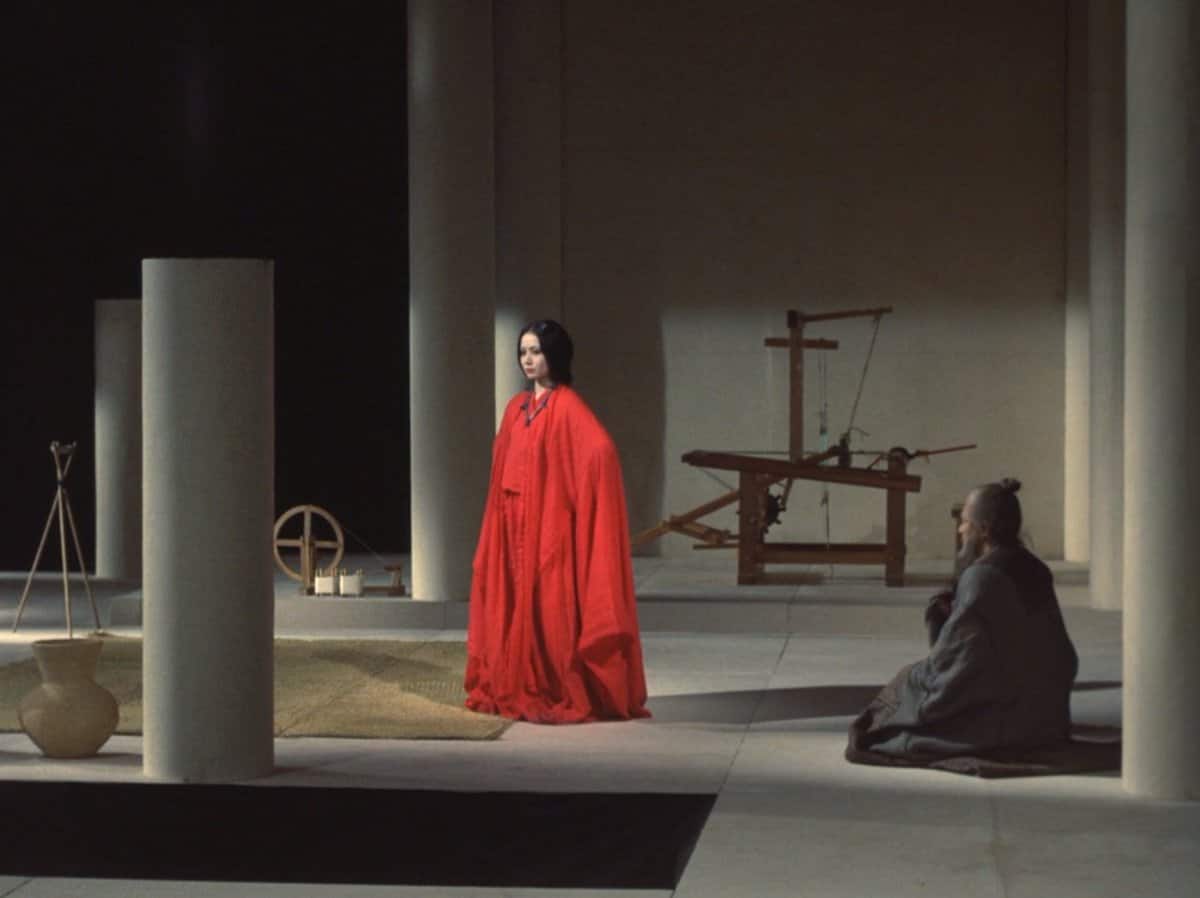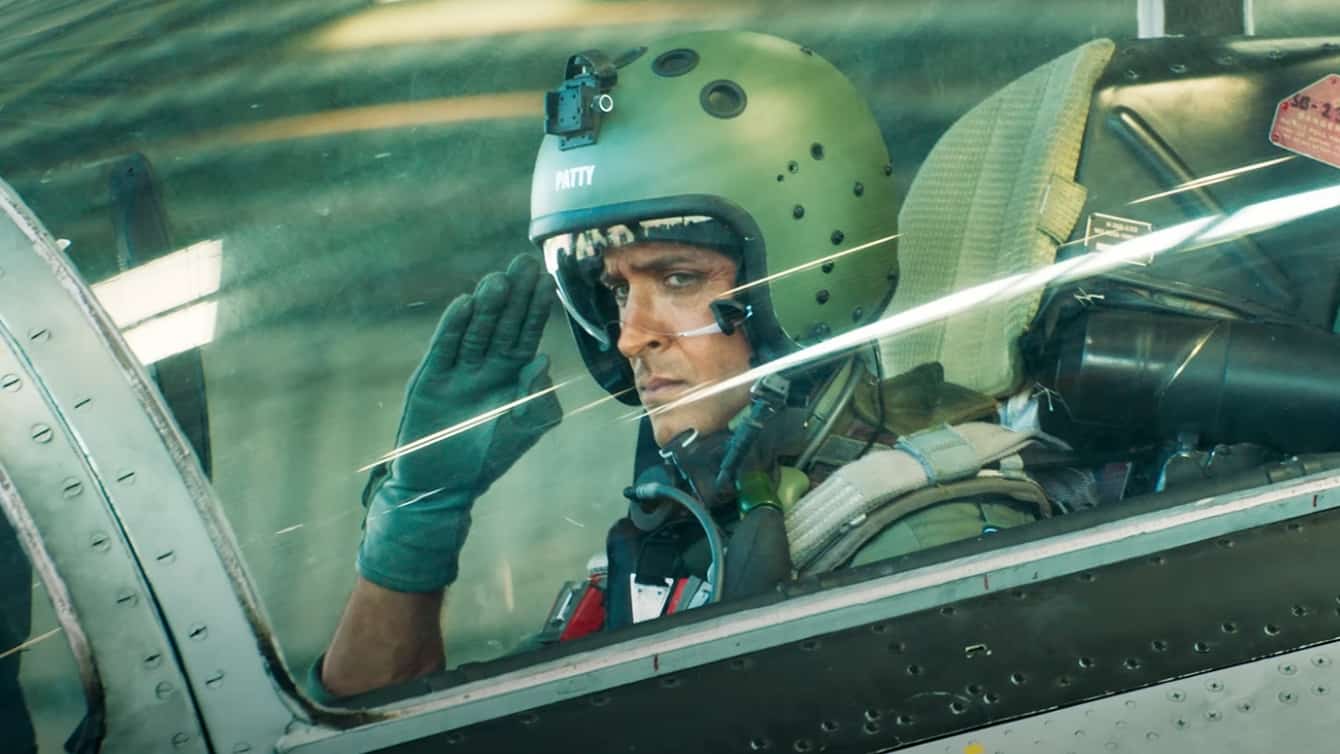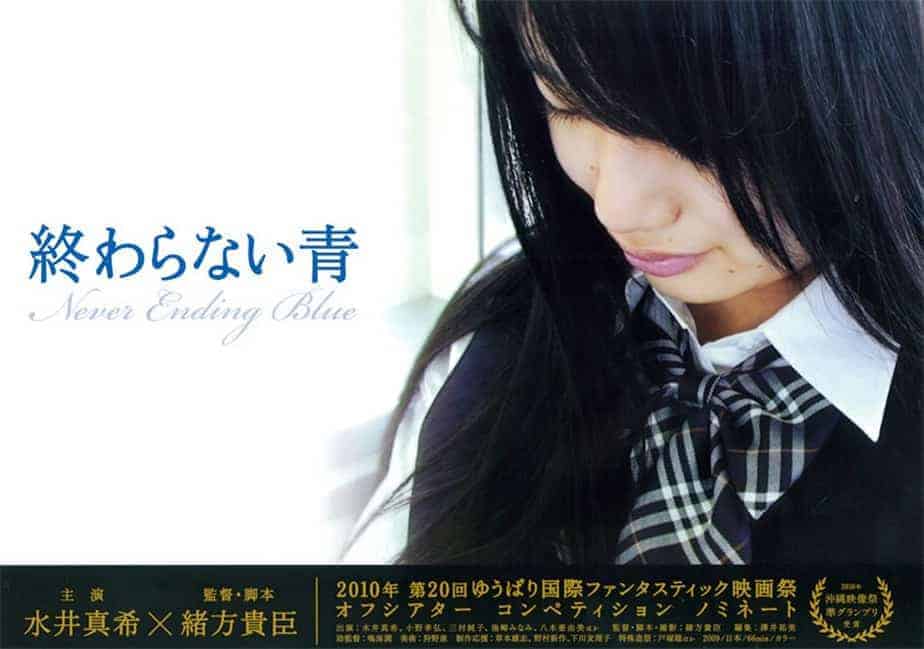“Nothing is moving, everything is destroyed.
It's our land, yet it isn't. What a strange country.”
In his 2002 film “Ticket to Jersusalem”, Palestinian director Rashid Masharawi portrays the daily routine of a film projectionist who travels back and forth between his home in the Palestinian refugee camps to the West Bank and Jerusalem. However, labeling his work as routine is in many ways misleading, as the checkpoints at the border as well as the long periods of waiting have taken their toll on the man. Crossing another border, namely between fact and fiction, the film also shows the real situation as the actors and crew are within people waiting to be allowed to pass, left alone with the excruciating observation of how divided their land is. The atmosphere in these scenes is one of helplessness, of exhaustion and the growing sensation matters will only get worse before there is any sign of improvement.
Considering the opening minutes of his 2005 documentary “Arafat, My Brother”, Masharawi has made it his mission to explore these feelings more thoroughly, while also looking for signs of hope. One figure he seeks out in order to make sense out of the hopelessness of the Palestinian situation is former PLO leader Yasser Arafat along with his brother Fathi Arafat, president of the Palestinian Red Crescent Society. The documentary follows mostly Fathi, his various meetings with other public figures as well as doctors, as he travels to first Paris and later in Cairo where he undergoes medical treatment for his cancer. In many interviews he speaks about his brother, his past and political ideas, but also his view on the future of Palestine. Additionally, Masharawi focuses on people he meets, some of them friends and relatives of the filmmaker, to shed some light on the complexities of the relationship of Palestine and Israel as well as the legacy the Arafats leave behind.

On the one hand, “Arafat, My Brother” is a film addressed at an audience interested and educated in the history of Palestine and Israel, the many conflicts as well as the struggle about areas like the Gaza Strip. Masharawi does not give a history lesson for his viewer, since the interest in the film, or rather his personal aim, lies in the finding of answers, possibilities and explanation on how to proceed. The various scenes of him waiting in front of checkpoints, his own story of being driven out of his home by Israeli soldiers are just some episodes of many. His interviews with the Arafats, but also the various other people he meets on his travels, define a large canvas of biographies, all of which impatiently wait for some kind of resolution that does not end in destruction.
To be clear, “Arafat, My Brother” is not a biographical documentary about Yasser Arafat or his brother. In that regard, the many controversies surrounding his persona, from the accusations of corruption as well as the allegations of him being connected to terrorist organizations like Hamas, are never mentioned. What Masharawi's camera shows is a generation represented by the Arafats marked by exhaustion and declining health, the other a shadow of his former self and his brother a man defined by nostalgia, his anger with Israel and his fear of what will come next. The eye of the camera switches between keeping its distance to these people while also allowing a certain level of empathy for a life of struggle and fight that has clearly left its mark. The destroyed urban landscape of Ramallah and many other places Masharawi depicts have thus become the emotional landscape of the people, a place to rebuild as well as a cemetery for the past.

In the end, “Arafat, My Brother” is a film which may not answer the questions its director would like to have answers for, but gives reason for many other, new discussions. It is a film driven by the ambition of its director, the quest to find hope for him as well as those people he meets waiting in front of checkpoints or shocked at the latest instances of destruction in their area. This is a difficult film to watch, a film which needs not only an attentive, but an educated viewer willing to discuss its contents.


